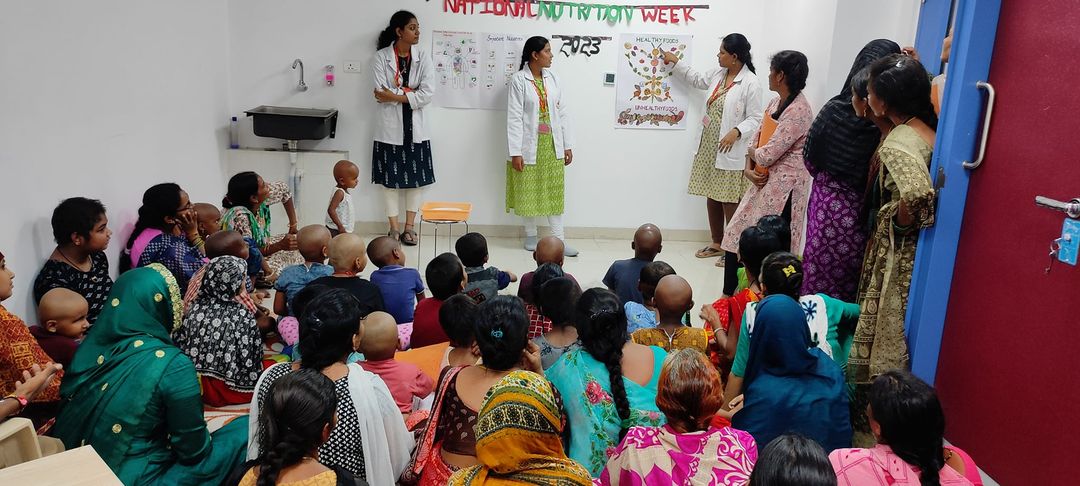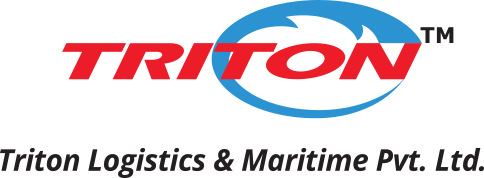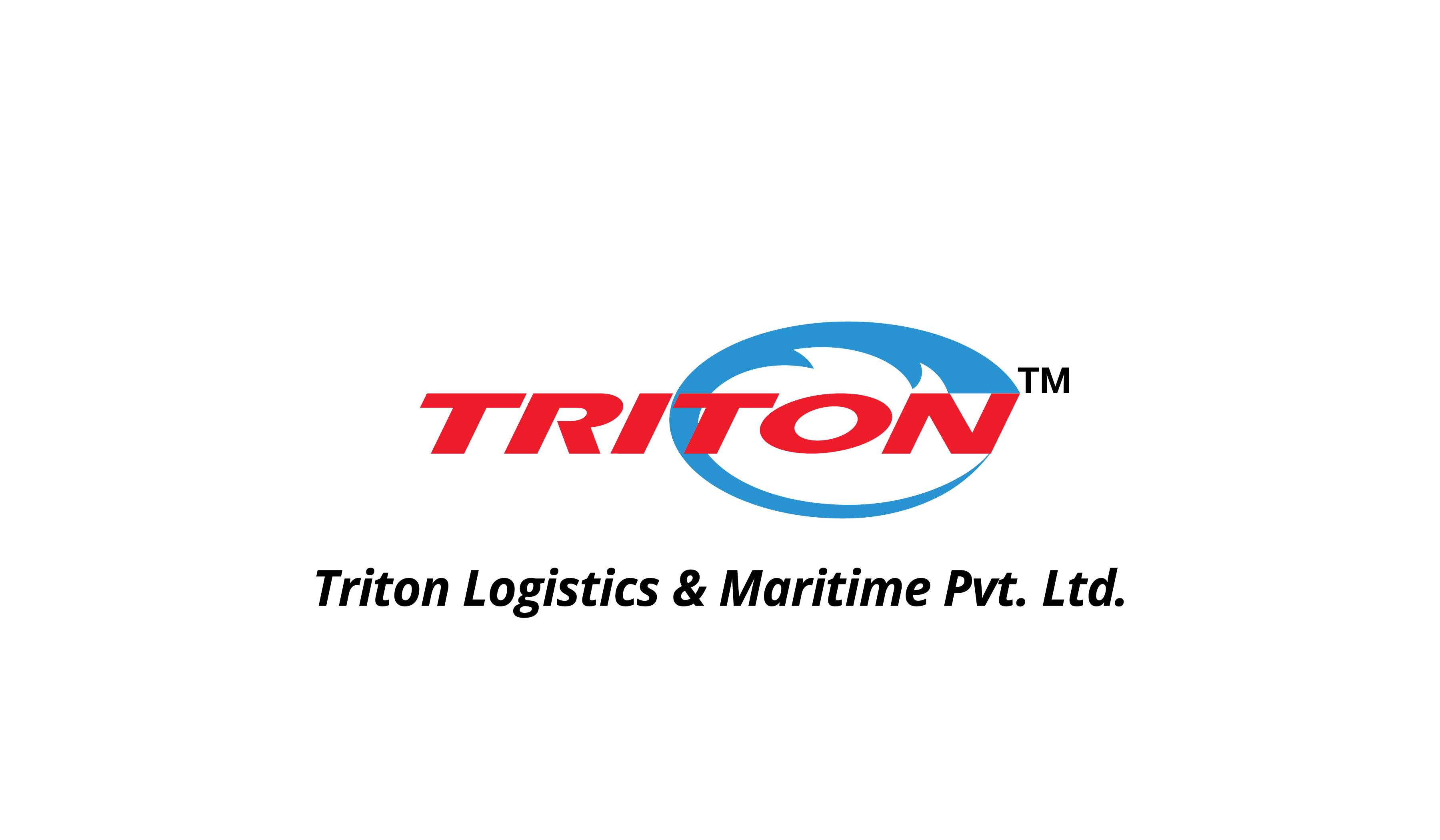ESG, those three letters get tossed around a lot. You’ll hear them in boardrooms, see them splashed across annual reports, and catch them as buzzwords in keynote speeches. But let’s be honest: most of those conversations never reach the people who make it all happen. In the world of freight forwarding, these are the ones who make sure your cargo clears customs, your shipments connect, and your promises to clients are kept, rain or shine, paperwork or not.
For us at Triton, ESG isn’t just a talking point. It’s woven into the fabric of our daily work, through TriNext and TriCademy. Especially in freight forwarding, where a single delay can cost trust, and a small mistake can mean a bigger carbon footprint, ESG isn’t a “nice to have.” It’s the bare minimum.
Environment: Cutting Down the Paper Chase
We didn’t wait for a fancy global certification to start making a difference. We started with what we could control: paper, much like how freight forwarding begins with the basics.
Remember when clearing cargo meant stacks of forms at every checkpoint? Back in the ’70s, customs lines could eat up hours, all because of paperwork. Today, going digital isn’t just about speed, it’s about cutting waste. Every time we swap a physical document for a digital one, we save paper, time, fuel, and ultimately, emissions.
Our teams, across air, sea, and land, have moved to digital BLs, automated invoicing, and real-time tracking. It’s not just better for the planet; it’s better for business. No lost files. No excuses. No gaps in the process. When logistics run smoothly, sustainability isn’t just a campaign, it’s a natural outcome of effective freight forwarding.

Social: The People Behind Every Promise
Everyone loves to talk about “impact.” But not many talk about the people who stay late because a container missed its rail connection.
In logistics, especially freight forwarding, the promises made by sales are only as good as the teams working behind the scenes. These are the folks who coordinate across time zones, handle customs in new markets, and reroute shipments when things go sideways. They don’t always make it onto client presentations, but they’re the backbone of every delivery.
At Triton, we see them really see them. We support them with mental health resources, flexible work options, and, above all, respect for the vital role they play in freight forwarding. Our values aren’t just words on a wall. They’re how we treat our people, every day.
TriNext gives them a voice. TriCademy helps them grow.

Governance: Trust Built on Transparency
We don’t trust memory. We trust systems.
Good governance in logistics starts with visibility, especially in freight forwarding. Every container passes through countless checkpoints, sea, road, air. If something slips, accountability suffers. That’s why we’ve automated wherever possible. Our systems flag expiring documents, catch mismatches before customs does, and make sure human errors don’t turn into business problems.
Here, governance isn’t about control, it’s about clarity. When clients ask where their cargo is or what happened, they don’t get a story. They get the facts.
This Is ESG in Motion
We’re not perfect, but we are accountable. While the world chases big sustainability headlines, we focus on the real work, the unglamorous, essential stuff that keeps goods moving and reduces friction along the way.
This is ESG, as seen from the freight forwarding trenches. Multimodal. Multicountry. No drama. Just results.
If we’re serious about responsible business, it’s time to recognize the people who deliver it, quietly, every day, with more accountability than they’re ever given credit for.
Let’s not make this just another blog post. Let’s make it a wakeup call.


